While the first post-independence leaders like Nnamdi Azikiwe and Obafemi Awolowo articulated human dignity as the moral and political foundation of Nigeria, the translation of this vision into enforceable law...
Continue reading...
While the first post-independence leaders like Nnamdi Azikiwe and Obafemi Awolowo articulated human dignity as the moral and political foundation of Nigeria, the translation of this vision into enforceable law...
Continue reading...
The post-colonial Nigerian society is built on a promise of human dignity made in 1960 by the first president of independent Nigeria, Chief Nnamdi Azikiwe, and repeated in the 1979...
Continue reading...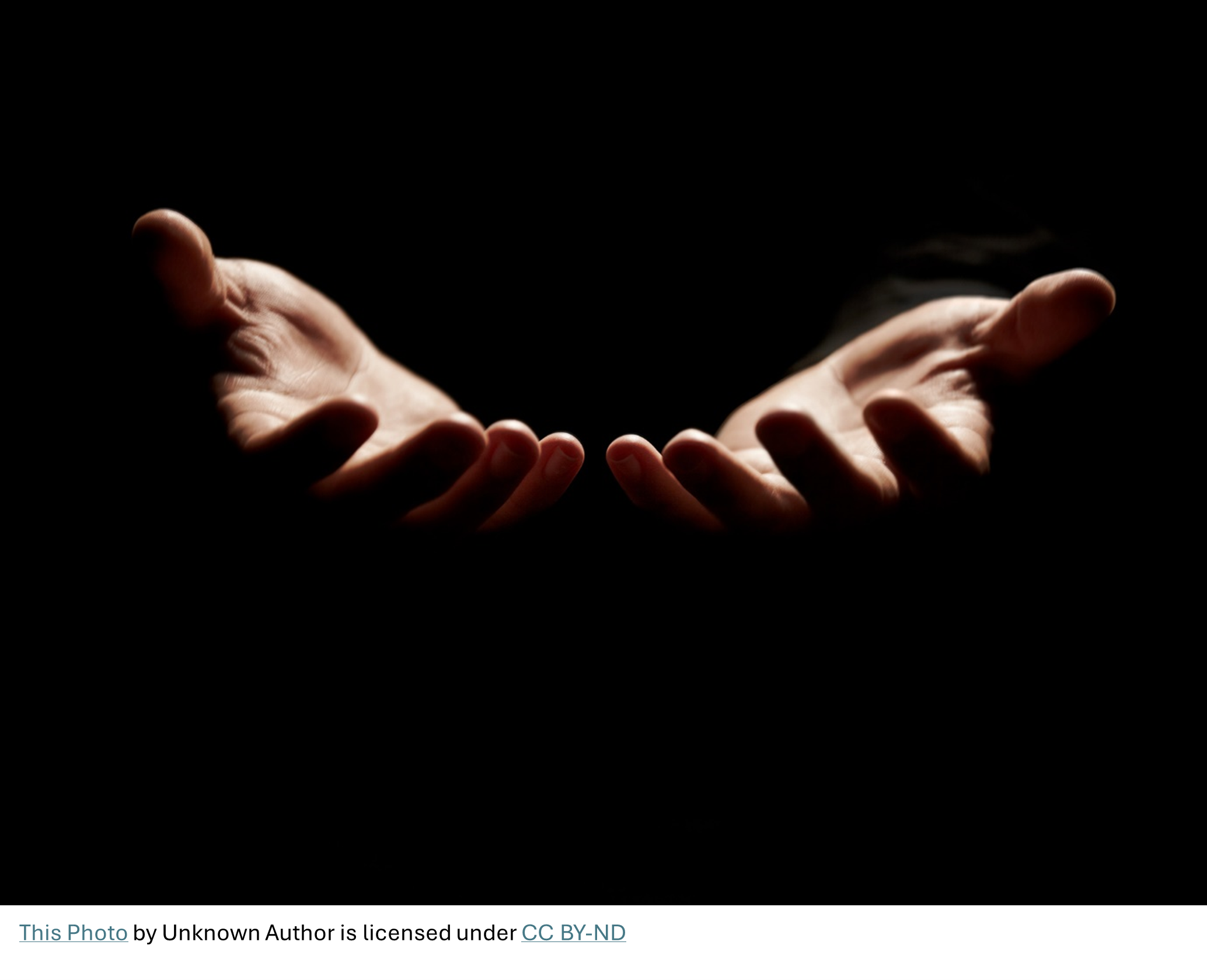
The 8th March marks International Women’s Day, a day on which the world comes together to celebrate the social, economic, cultural, and political achievements of women. Article 1 of the...
Continue reading...
In Minneapolis, a nationwide migrant crackdown led to masses of U.S. Immigration and Customs Enforcement (ICE) officers being sent to the city, with protests met by tear gas and stun...
Continue reading...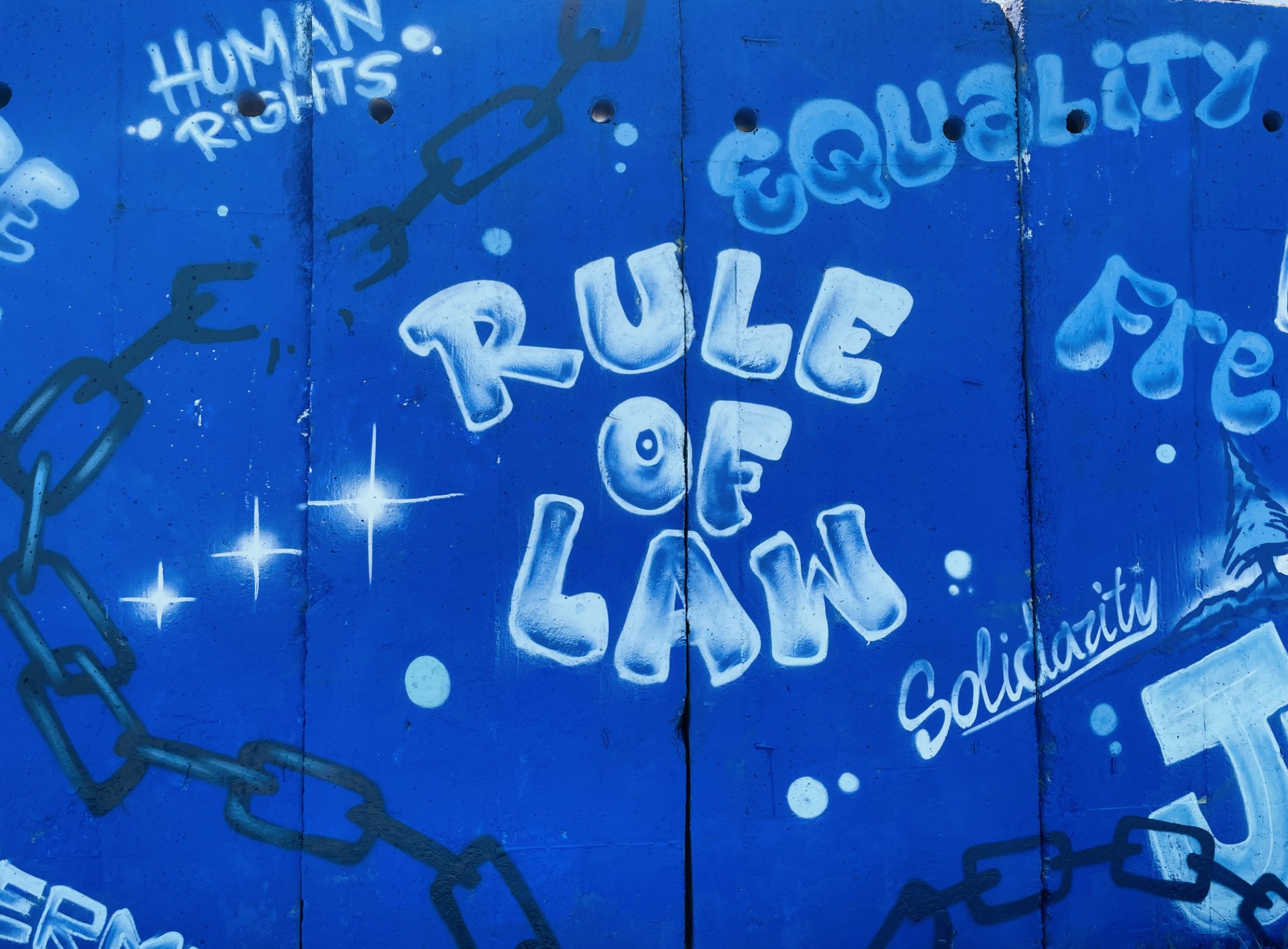
Over thirty-five years after its establishment, the Venice Commission of the Council of Europe[1] has become a central reference point in transnational constitutionalism. Established in 1990 to assist States emerging...
Continue reading...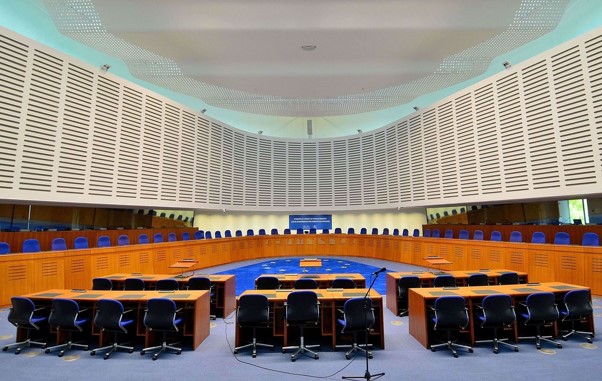
The case of Evans v UK (2007)sheds light on a crucial aspect of human reproduction and updates the foundational commitment of the UDHR that ‘all human beings are born free...
Continue reading...
One of the distinctive features of the European Convention on Human Rights (ECHR) is the absence of any explicit reference to human dignity in the text of the Convention itself....
Continue reading...
Human dignity is the foundation of human rights in the Universal Declaration of Human Rights[1], replacing natural law in times of positivism. It is an important part of almost all...
Continue reading...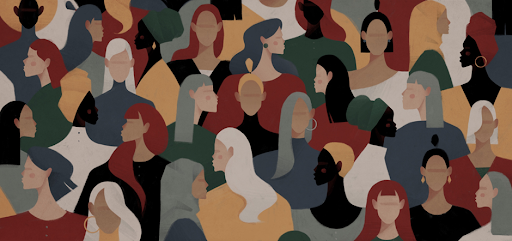
Democratic structures around the world face a notable decline, driven at least partially by the rise of right-wing populism. While not monolithic, these movements consolidate power by constructing exclusionary narratives...
Continue reading...
Two days before Romanians were to vote in the 2024 presidential run-off, the Constitutional Court annulled the first-round results, citing concerns around fairness and integrity.[1] Behind this lay the unprecedented...
Continue reading...
Respect for human dignity is continually presented as one of the fundamental values of the Council of Europe. A recent example is found in the European Court of Human Rights’...
Continue reading...
Professor Susanne Baer, a former judge of the German Constitutional Court, once stated that one of the goals of judicial review is to fulfil the promise of human dignity as...
Continue reading...
The Internet is an indispensable part of our lives, and access to it by all is key to democracy. Yet, in India, digital infrastructure is rather poor and characterised by...
Continue reading...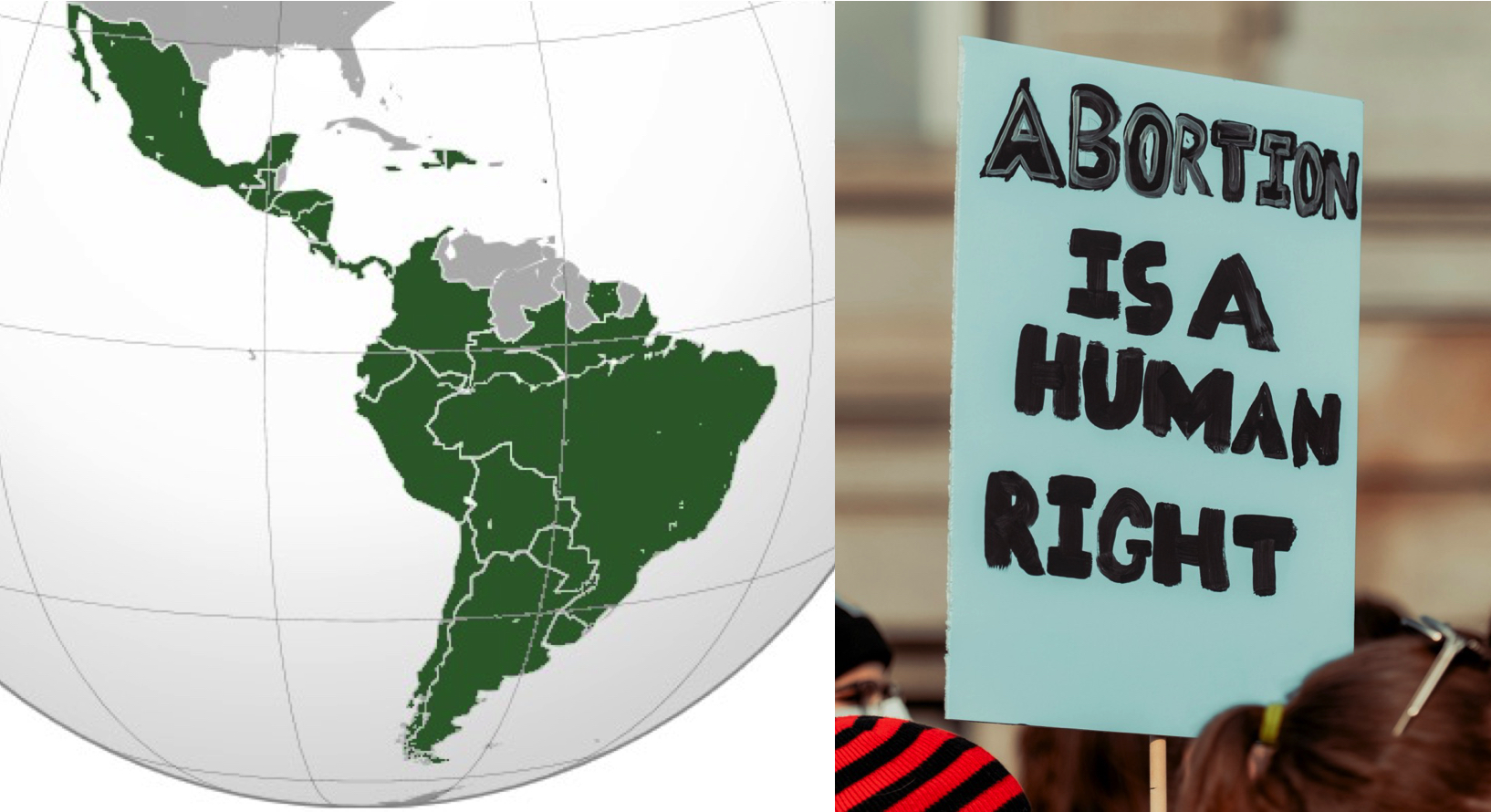
Despite medical consensus and Beatriz’s explicit desire to survive for her infant son, El Salvador’s absolute criminalisation of abortion prevented life-saving intervention for a 22-year-old woman carrying an anencephalic foetus...
Continue reading...
Case-note on S.W. v the United Kingdom, App no. 20166/92, Judgement of 22nd November 1995, Grand Chamber While not the first judgement in which the ECourtHR referred to human dignity...
Continue reading...
In 2011, the Council of Europe adopted an important human rights treaty, the Istanbul Convention, which is based on the understanding that violence against women is part of a wider...
Continue reading...
The ECHR is one of the few conventions adopted in the wake of the Universal Declaration of Human Rights which does not codify a commitment to human dignity. Since the...
Continue reading...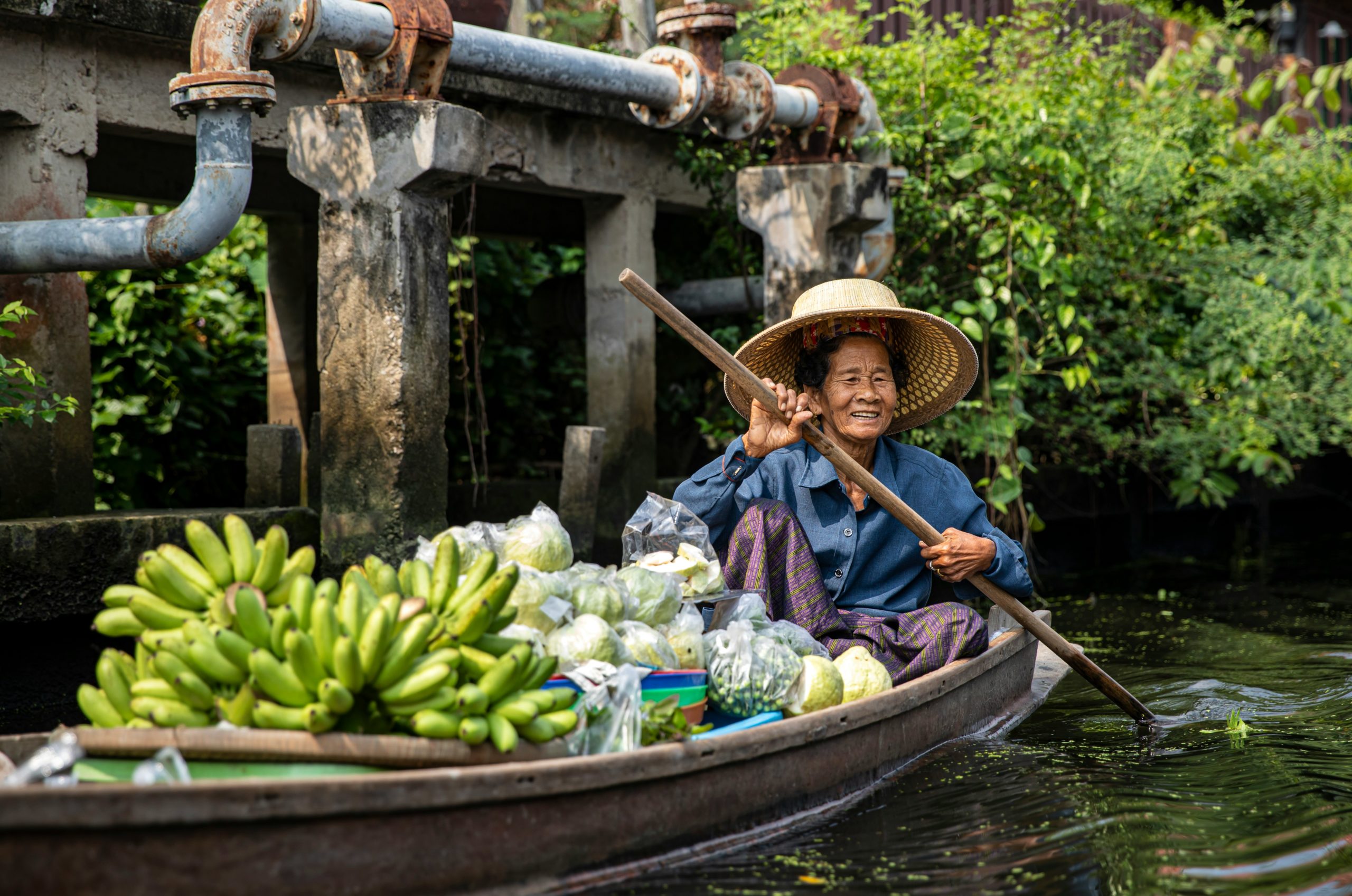
The Global Campus of Human Rights is excited to launch its first-ever Microlearning Course on Human Dignity and Human Rights, a compelling e-learning journey into one of the most powerful...
Continue reading...
Democracy is not just about elections, mechanisms of representation, and accountability of those in power. Since the promise that ‘all human beings are born equal and free in dignity and...
Continue reading...
Recent weeks have seen a surge in immigration raids in the UK targeting workers lacking permission to work, referred to derogatorily as ‘illegal migrants,’ alongside broadcasting of deportation footage that...
Continue reading...
On August 5, 2019, the Indian government unilaterally revoked Article 370 of its Constitution[1], stripping Jammu and Kashmir of its special status and autonomy. Harsh curfew, widespread communication blackouts, the mass...
Continue reading...
The rise in digital technologies has led to an alarming increase in the non-consensual creation, sharing, and threatened disclosure of intimate images as a strategy of coercive control.[1] Alleged perpetrators...
Continue reading...
The 8th of March marks International Women’s Day, a day on which the world comes together to celebrate the social, economic, cultural, and political achievements of women. To mark the...
Continue reading...
Over the past few weeks, several reports have appeared in German media on expected challenges with postal voting from abroad ahead of Germany’s snap election scheduled for 23 February 2025...
Continue reading...
According to Article 18 of the UN Universal Declaration of Human Rights ‘everyone has the right to freedom of thought, conscience and religion’. Religious freedom as a fundamental right has...
Continue reading...
These are dangerous times for democracy. Critically reflecting on democracy’s inherent conceptual uncertainties and practical challenges while its foundations are under threat might seem like a reckless academic indulgence. It...
Continue reading...
On 1 October 2024, eighty-eight members of the Parliamentary Assembly of the Council of Europe (PACE) adopted Resolution 2569 based on a report on ‘Missing migrants, refugees and asylum seekers...
Continue reading...
The Ukrainian president’s speech on 24 September 2024, at the 79th session of the UN General Assembly focused on several key issues: nuclear security, the Peace Formula and Peace Summit,...
Continue reading...
Disinformation, which refers to false or misleading content that is spread with the intention to deceive or secure economic or political gain and which may cause public harm [1], has...
Continue reading...
Reflecting on the rise of far-right and hard-right politics and on their electoral success over the summer in the EU, France, Thuringia, and Austria, this paper observes that human beings...
Continue reading...
“Representative government, vulgo democracy” Norberto Bobbio From a descriptive point of view, the only one I consider in the following remarks, the expression “representative democracy” mostly refers to the political...
Continue reading...
This blog explores the role of genetic testing in adults as a form of preventative medicine and examines whether it borders on modern-day eugenics. Eugenics is a theory and practice...
Continue reading...
Convened by Dario Castiglione (University of Exeter, Politics) and Catherine Dupre (University of Exeter, Law) this two-day online workshop is meant as an introduction to the work of the Observatory of...
Continue reading...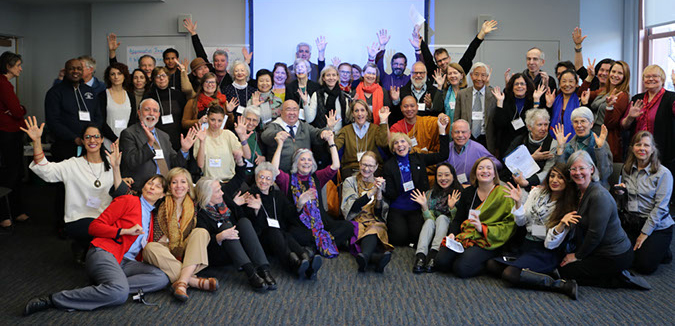
The Human Dignity and Humiliation Studies Network grew out of a startling realisation. In 1996, Evelin Lindner, a medical doctor and a psychologist born in Germany, went to all university...
Continue reading...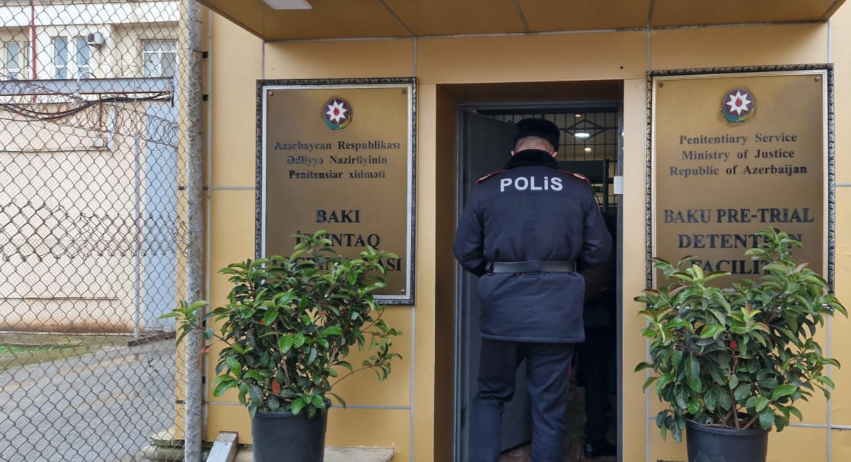
CPT website: https://www.coe.int/en/web/cpt/-/council-of-europe-anti-torture-committee-cpt-carries-out-a-visit-to-azerbaijan On 3 July 2024, the European Committee for the Prevention of Torture and Inhuman and Degrading Treatment or Punishment (CPT) issued a Public Statement on Azerbaijan in...
Continue reading...
The development of a new statutory human rights framework in Scotland provides a contemporary window on a process of national incorporation of international human rights law and, within this, on...
Continue reading...
On 13th May 2024, a new internet resource was launched to support global monitoring of police lethal force. The Monitoring Lethal Force website is intended to bolster global mechanisms of...
Continue reading...
On March 4th, France became the first country in the world to protect a woman’s right to abortion explicitly in the text of the Constitution. By an extraordinarily lopsided margin...
Continue reading...
If not carefully regulated, the rapid development and proliferation of artificial intelligence (AI) is set to pose a significant threat to the dignity of women. The New York Post reported...
Continue reading...
Human dignity is underpinned by the early philosophical notions of equality, humanity, and reciprocity[1] and is regularly interpreted by judges in connection with other human rights.[2] European Union (EU) law...
Continue reading...
Christine Bicknell has published a working paper with Exeter Centre for International Law entitled ‘International Law in Human Rights cases before the UK Supreme Court’. The paper’s abstract: This paper...
Continue reading...
Modern courts often invoke dignity when delineating the limits of government power.[1] A unique manifestation of this is the defence of the dignity of LGBTQIA individuals despite the existence of...
Continue reading...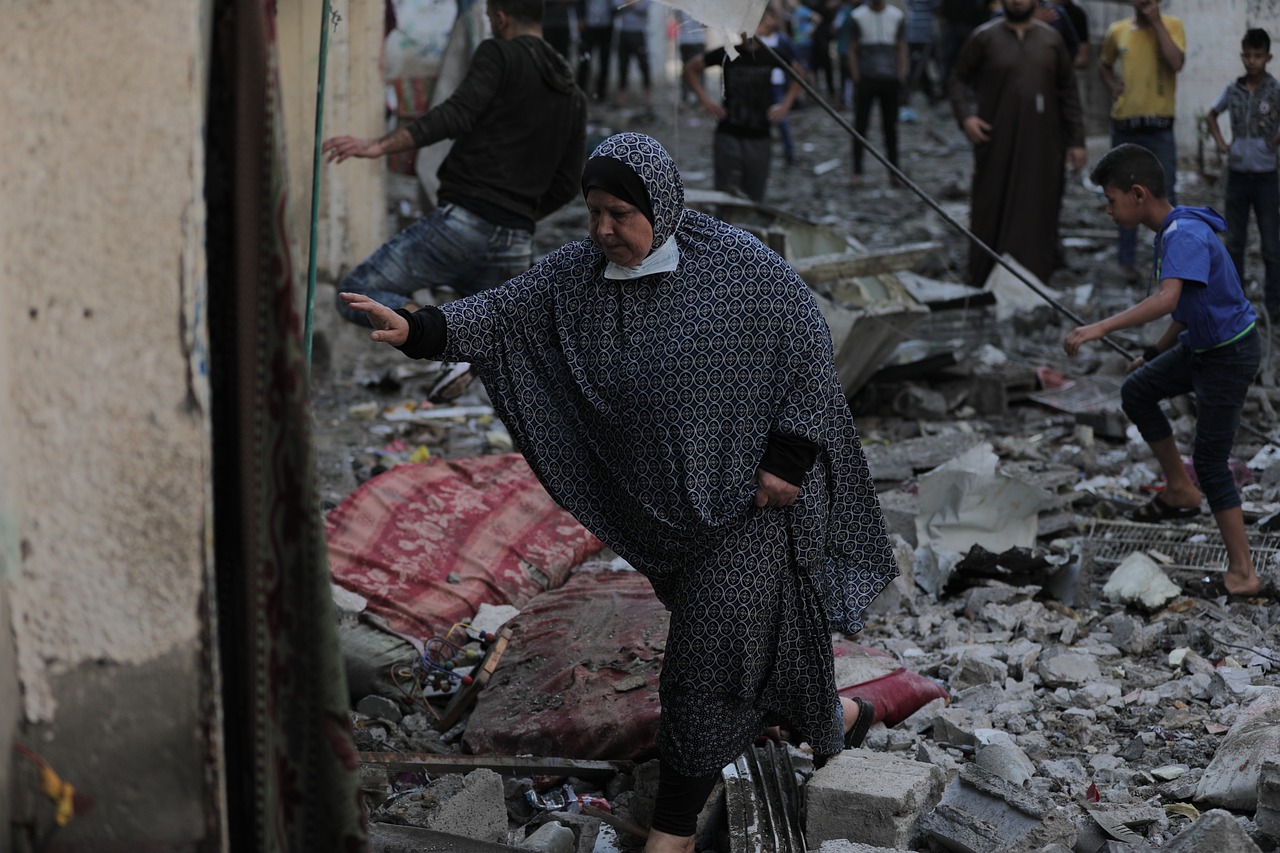
The crisis in Gaza post-October 7, 2023, has brought to the fore serious concerns about human dignity, human rights and the overall adherence to international law. The situation underscores that...
Continue reading...
Set in a dystopian near-future, where environmental disaster causes escalating infertility in society, the few remaining fertile women are forcibly assigned to produce children for the ruling class of “Commanders”....
Continue reading...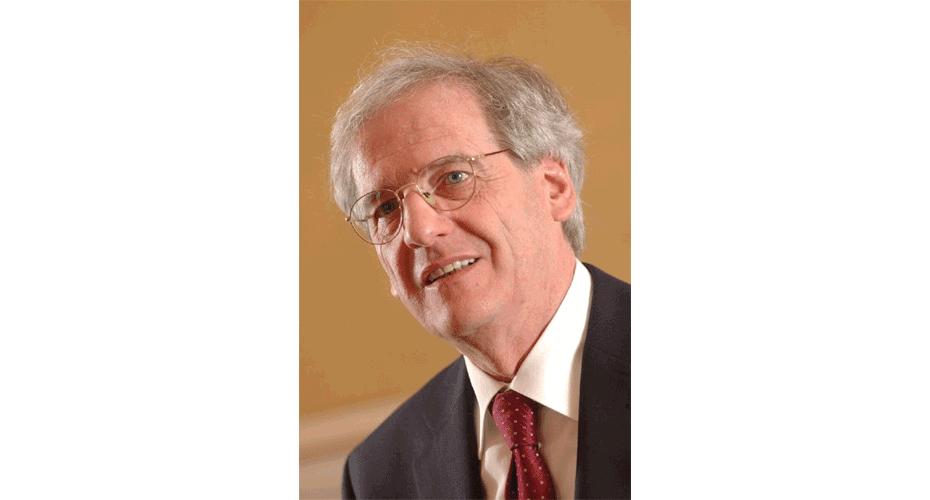
László Sólyom (1942-2023), the founding President of the Hungarian Constitutional Court, later also the President of the Republic of Hungary (2005-2010), died on 8 October at the age of 81....
Continue reading...
The UK Home Secretary’s recent narrative relating to asylum seekers is harmful, concerning, and could be another attempt (following the Illegal Migration Act 2023 (IMA 2023)) to foreground intentions to...
Continue reading...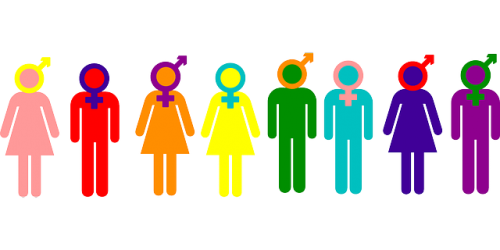
Human rights actors are increasingly highlighting the negative impact that legal non-recognition has on non-binary communities. However, the possibilities for, and implications of, various reform options in England and Wales...
Continue reading...
Everyone wants their dignity respected and protected. We understand this concept intuitively. But what does dignity mean for law and human rights? In The Guardian, Catherine Dupre reflects on the...
Continue reading...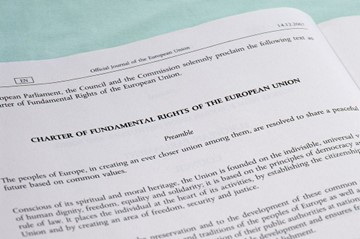
In this LSE Brexit blog post, Catherine Dupre explains the significance of human dignity for the European Union where it is recognised as the first foundational value of the EU (article...
Continue reading...